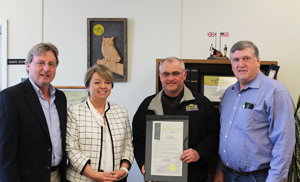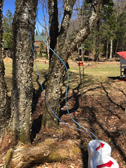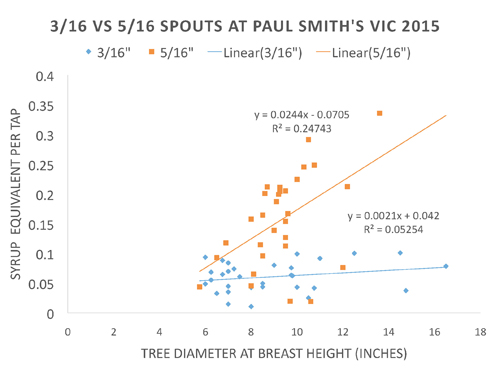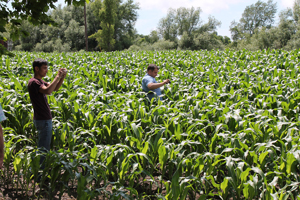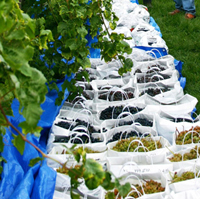
Northern NY; February 28, 2017. Delicate grape varieties do not do well under harsh winter weather in Northern New York, so the farmer-driven Northern New York Agricultural Development Program has funded research on cold-climate grape varieties to support increasing in interest in NNY-grown table grapes and wines. An update on the most recent work will be offered at the 2nd Northeast NY and Vermont Winter Grape School on March 9, 2017 at the Holiday Inn in Lake George, NY. Registration information is online at https://enych.cce.cornell.edu or call 518-410-6823.
The Northern New York Agricultural Development Program has posted the latest Evaluation of Cold-Hardy Grape Varieties for Production in Northern New York report at www.nnyagdev.org. The report summarizes work in 2016 to revitalize the cold-climate grape nursery at the Willsboro Research Farm in Willsboro, NY.
Input from regional growers, private grape breeders, and representatives of the Cornell-USDA and University of Minnesota grape breeding programs was collected and winnowed to a list of 20 potential new varieties for planting at the research nursery. The list includes varieties from the Cornell and Minnesota programs, one each from the USDA ARS grape breeding trials in California and at the University of Arkansas, and from Ontario, Canada, and private breeders.
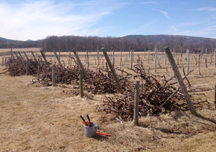
Removal of old vines, soil testing, and replenishing the soil health at the nursery are among the preparatory work in anticipation of the new planting. The Eastern New York Commercial Horticulture Program plans to hire a grape specialist to oversee the research planting.
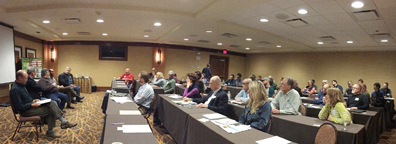
Outreach educational programs on cold-hardy grape production research in 2016 reached groups of more than 60 grape growers and winemakers.
The farmer-driven Northern New York Agricultural Development Program is a research and technical assistance program serving all agricultural sectors in Clinton, Essex, Franklin, Jefferson, Lewis, and St. Lawrence counties. Funding for the Northern New York Agricultural Development Program is supported by the New York State Senate and administered through the New York State Department of Agriculture and Markets.
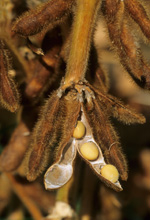
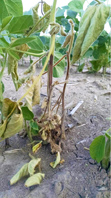
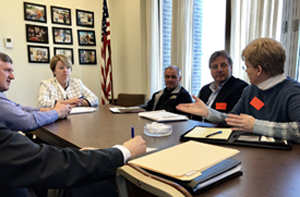
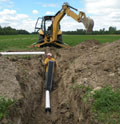
 Michele Ledoux mentioned that, as a direct result of Northern New York Agricultural Development Program-funded trials in regional sugarbushes, NNY maple producers are changing to 3/16-inch tubing for more efficient sap collection. Cornell Northern NY Maple Specialist Michael Farrell estimates the region can grow to meet a $10 million maple industry potential.
Michele Ledoux mentioned that, as a direct result of Northern New York Agricultural Development Program-funded trials in regional sugarbushes, NNY maple producers are changing to 3/16-inch tubing for more efficient sap collection. Cornell Northern NY Maple Specialist Michael Farrell estimates the region can grow to meet a $10 million maple industry potential.